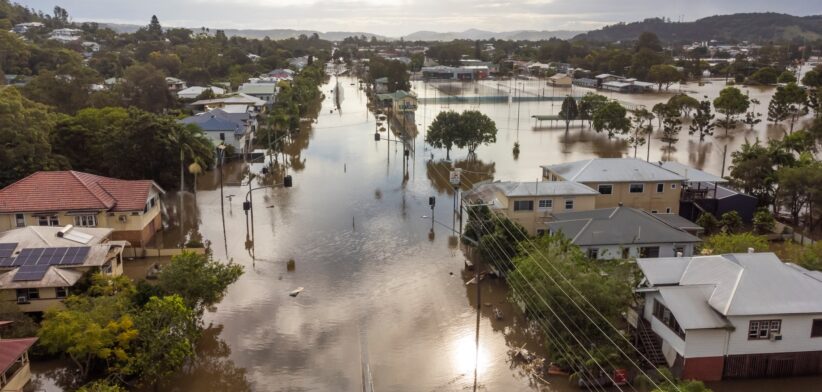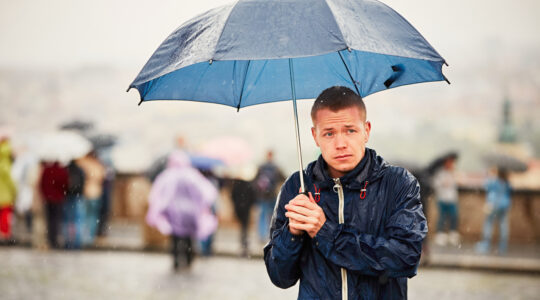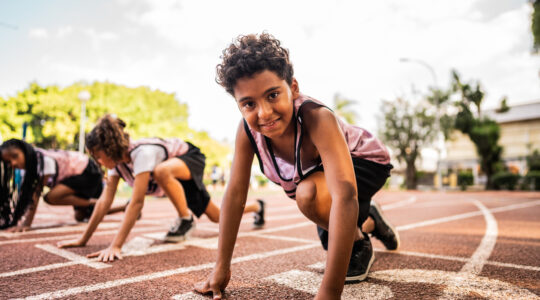A little over a third of Australian families have discussed how they would respond to a disaster or emergency, despite evidence they are on the rise.
New data from the Australian Red Cross shows an increase in prevalence and intensity of emergencies, yet only 34 percent of households have talked to their children about being practically prepared.
Australian Red Cross CEO Andrew Colvin said even less, 27 percent, had discussed how to mentally prepare for an emergency.
Mr Colvin said the annual survey showed an increase in people experiencing heatwaves (both now 51 percent), over the last six years.
“In just the first three months of this year alone, Australian Red Cross responded to emergencies in every state and territory, highlighting the growing frequency and impact of extreme weather events across Australia,” he said.
Mr Colvin said the data provided a reminder for Australians that being practically and psychologically prepared before disaster strikes, improved their ability to respond and recover.
He said having seen first-hand the devastating and persistent impacts on families and communities it was important to remember emergency preparedness for everyone, particularly those living in high-risk areas.
“Our research and experience shows the impacts of emergencies can be profound with long lasting psychological and emotional implications – and children by nature are extremely vulnerable.
“Being prepared practically and psychologically before disaster strikes strengthens resilience and lowers the post-disaster emotional impact experienced. With extreme weather events becoming more frequent and intense, it’s critical that families are not complacent, and they get prepared ahead of time,” he said.
Mr Colvin said the survey also showed despite low levels of active preparation by families, there was a willingness from parents (55 percent) to find more information about how to talk to their children about preparing for emergencies in a way that would calm them and make them feel safe.
He said there are a number of ways Australians could get prepared:
- Making an emergency RediPlan.
- Attending an EmergencyRedi workshop.
- Downloading the free Get Prepared app from Apple store or Google Play








